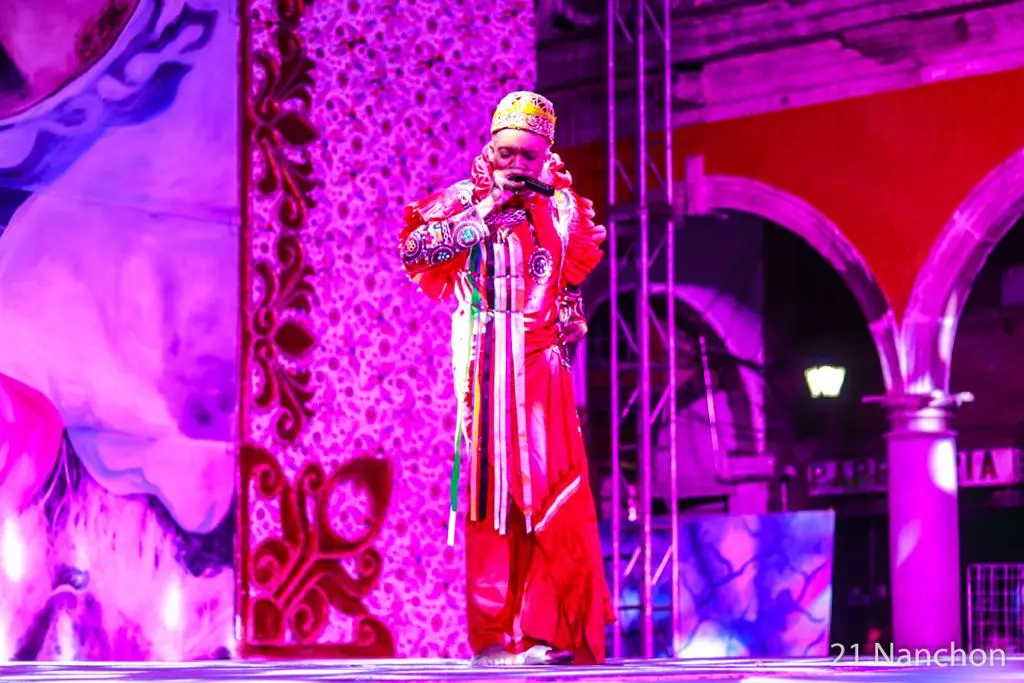
In his subsequent collection, prestigious houngan Erol Josué rambles about the junction. Suitably named “Pelerinaj”, meaning journey in Creole, the messages aren’t just about profound junction, it’s about everyday junction choices.
Josué, for instance, upon the arrival of his meeting with The Haitian Times, stressed over whether the Dominican Republic’s boundary watch would allow his dance to bunch enter the country for their exhibition or on the other hand assuming he needed to cancel the entire thing.
Like him, Haiti ends up at an intersection as well. One where the nation could either go on towards obliviousness and disarray or turn out together for everyone’s benefit.
“There’s an explanation that the function of Bwa Kayiman , the service that began Haiti’s battle for freedom from France, was the main Haitian show or understanding that consistently succeeded,” Josué expresses, talking in Creole.
“Since every one of the slaves from various clans, with various dialects, set out to really concentrate to battle,” he said. “We ought to accept that as an illustration today.”
Josué was naturally introduced to a Vodou family in the town of Kafou, an edge of Port-au-Sovereign, meaning junction. He experienced childhood in and around the peristil, Haitian Vodou sanctuaries. Nonetheless, when he went to Catholic school, he was told to conceal his Vodouizan confidence, since the post-Duvalier government was chasing down all professionals.

At the point when he was told to draw apples or ponies at school he would rather draw Veve, the images of Vodou spirits, causing problems for it. Through his fantasies around evening time he knew that the lwa, Vodou spirits, needed him to embrace the religion. As an appointed Houngan, Vodou minister, he then felt the calling to seek after music.
His most memorable collection “Règlèman” took stylized Vodou music and added parts of West African pop, R&B and soca. In his new collection, delivered by New York name Town Cabin Records, he praises Haitian fighters and history, the first Taino individuals and the Vodou travelers that consistently climb mountains, trip to cascades and backwoods to commend their religion.
“We can respect the age of developers that established our country a long time back, we can respect the set of experiences that makes Haiti too rich to ever be poor. However, what do we do as a group today that can be regarded,” Josué says.
Josué has been the top of the Haitian Department of Ethnology starting around 2012, entrusted with concentrating on Haitian culture as well as keeping up with verifiable ancient rarities and destinations. He says that he and the remainder of the agency are stressed over their field in Haiti’s ongoing circumstance.
During the ongoing group rule of Port-au-Sovereign, several peristil, including Josué’s own, are being burned to the ground. The landmarked Stronghold Jaques is currently being annihilated. The groups do this to declare their power, Josué expresses, out of the very absence of regard that permits the desperados to kill their own kin.
“We’ve lost a significant number of the rules that our progenitors had. I call it an anthropological struggle, one where rehashed external impact and interior fights have permitted us to detest what our identity is. To despise our skin and our kin, to become oblivious. That is the reason for our concerns today,” Josué says.
The Houngan, obviously, dreams of a superior Haiti, yet he concurs that without instruction or solidarity it’s only that-a fantasy. He’s one of the numerous who give their very best for honor their nation, attempting to help, without much of any result.
Toward the finish of the meeting Josué’s Port-au-Ruler dance bunch had the option to go into the Dominican Republic and he could advance toward go along with them for their exhibition, to keep sharing his commitment to the lwa and to Haiti wherever he can.